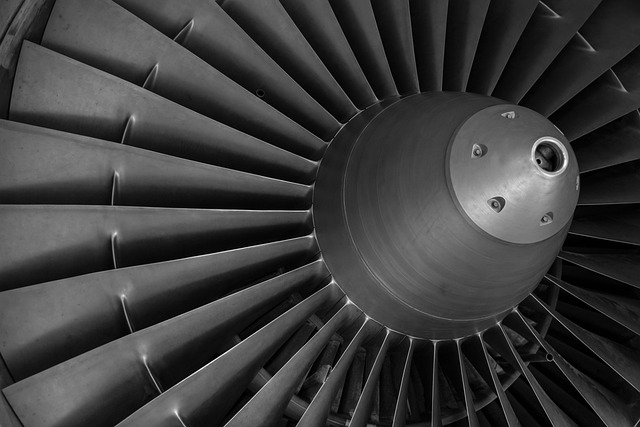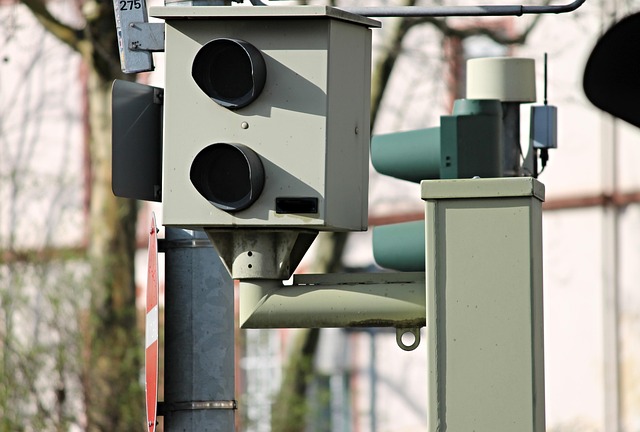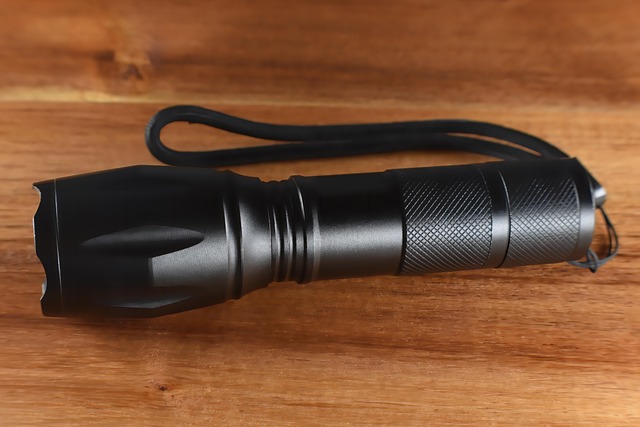Mastering Engine Cooling: A Comprehensive Guide for Smooth Operation
When it comes to the heartbeat of any vehicle, engine cooling plays a crucial role in ensuring its longevity and performance. Without effective engine cooling, even the most robust engines can overheat, leading to reduced efficiency, costly repairs, and unexpected breakdowns. For anyone passionate about keeping their engine in top shape, understanding the intricacies of engine cooling is essential.
Why Engine Cooling Matters
Engines generate a significant amount of heat during operation. If this heat is not properly managed, it can cause engine components to expand, warp, or even seize. Effective engine cooling maintains an optimal temperature range, preventing damage and ensuring the engine runs smoothly. This balance keeps you on the road without worry, preserving the integrity of your vehicle.
Core Components of Engine Cooling Systems
The engine cooling system is an intricate network designed to dissipate heat efficiently. Key components include:
- Radiator: The radiator acts as the heat exchanger, releasing heat from the coolant into the air.
- Water Pump: Circulates coolant throughout the engine and radiator.
- Thermostat: Regulates coolant flow based on temperature, allowing the engine to reach and maintain its ideal temperature.
- Coolant: A special fluid that absorbs heat from the engine and transfers it to the radiator.
- Cooling Fans: Help draw air through the radiator when the vehicle is stationary or moving slowly.
Tips for Maintaining Optimal Engine Cooling
To keep your engine cooling system running efficiently, consider the following:
- Regular Coolant Checks: Ensure coolant levels are adequate and replace fluids as recommended by your vehicle’s manufacturer.
- Inspect Hoses and Belts: Look for cracks, leaks, or wear that can weaken the cooling system.
- Flush the Cooling System: Periodic flushing removes rust and debris that can clog the radiator and reduce efficiency.
- Check the Thermostat: A malfunctioning thermostat can prevent proper coolant flow, leading to overheating.
- Fan Operation: Verify that cooling fans activate when the engine temperature rises, especially in stop-and-go traffic.
Recognizing Signs of Cooling System Issues
Being attuned to your engine’s behavior helps catch cooling problems early. Watch for:
- Engine temperature gauge consistently running high
- Coolant leaks or puddles under your vehicle
- Noticeable steam or smell of coolant while driving
- Unusual noises from the water pump or fans
- Heater not blowing warm air inside the cabin
The Impact of Engine Cooling on Engine Longevity
Mastering engine cooling isn’t just about fixing problems—it’s about prevention. A well-maintained cooling system extends engine life, improves fuel efficiency, and maximizes overall performance. Whether you’re a daily commuter, a weekend enthusiast, or a professional driver, preserving your engine’s temperature balance pays dividends in reliability and peace of mind.
Embracing the principles of effective engine cooling unlocks the potential for smoother, more dependable operation. It’s a key investment in your vehicle’s health—and your driving experience.




